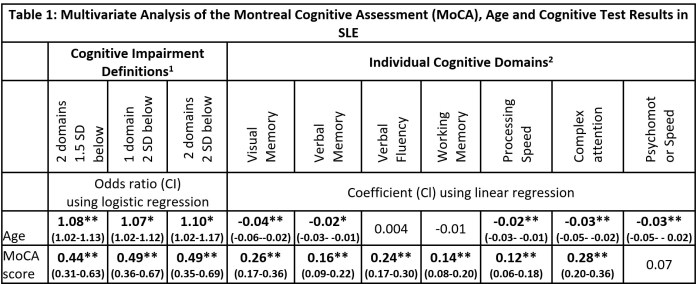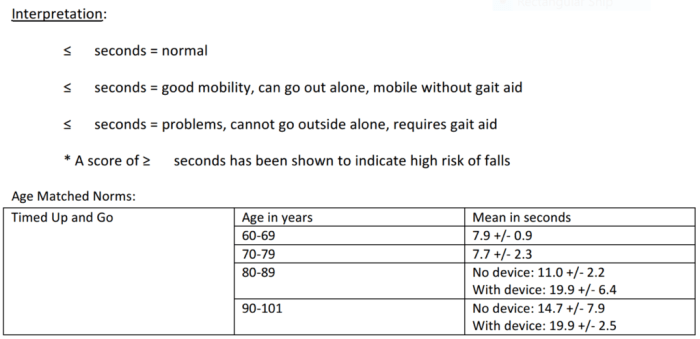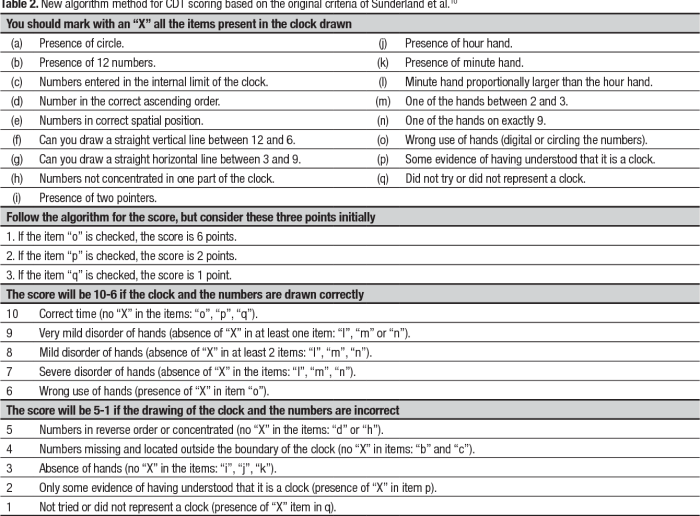The practice of administering scoring and interpreting plays a crucial role in various fields, providing a systematic approach to assess and evaluate individuals or entities. This comprehensive guide delves into the intricacies of this practice, exploring its components, methods, ethical considerations, challenges, and future trends.
From standardized testing to performance evaluations, the practice of administering scoring and interpreting finds applications in diverse settings, shaping decision-making processes and informing judgments.
Overview of the Practice

The practice of administering scoring and interpreting involves the systematic evaluation and interpretation of data or performance to make informed decisions. It encompasses the processes of assessing, measuring, and understanding the meaning of results.
This practice is commonly used in various fields, including education (e.g., grading tests and exams), psychology (e.g., administering personality assessments), and healthcare (e.g., interpreting medical test results).
Components of the Practice: The Practice Of Administering Scoring And Interpreting
Stages Involved
- Preparation:Gathering necessary materials, establishing clear objectives, and ensuring appropriate conditions for administration.
- Administration:Conducting the assessment or test according to established protocols and guidelines.
- Scoring:Quantifying the results based on predetermined criteria or rubrics.
- Interpretation:Analyzing the scores and drawing meaningful conclusions about the individual’s performance or characteristics.
Roles and Responsibilities
- Administrator:Oversees the administration and scoring process, ensuring accuracy and adherence to guidelines.
- Scorer:Evaluates the responses or performance using established criteria and assigns numerical values.
- Interpreter:Analyzes the scores and provides a meaningful explanation of the results, often in the context of the assessment’s purpose.
Methods and Procedures

Methods for Administering Scoring
- Paper-and-pencil:Using physical materials such as answer sheets and scoring guides.
- Computer-based:Utilizing software or online platforms for administering and scoring assessments.
- Performance-based:Evaluating individuals’ actions or behaviors in a specific context.
Procedures for Interpreting Results, The practice of administering scoring and interpreting
- Norm-referenced:Comparing an individual’s score to a predetermined norm group or benchmark.
- Criterion-referenced:Evaluating performance against specific, predefined criteria or standards.
- Qualitative:Providing a detailed, descriptive analysis of the results, often used in subjective or open-ended assessments.
Ethical Considerations

Ethical Guidelines and Principles
- Confidentiality:Maintaining the privacy of individuals’ scores and personal information.
- Objectivity:Scoring and interpreting results without bias or personal judgment.
- Transparency:Clearly communicating the assessment procedures, scoring criteria, and interpretation methods.
Potential Ethical Dilemmas
- Disclosure of sensitive information:Deciding when and how to disclose results that may have significant implications for individuals.
- Cultural bias:Ensuring that assessments and scoring methods are not biased towards specific cultural or demographic groups.
- Use of results for inappropriate purposes:Preventing the misuse of assessment results for discriminatory or harmful purposes.
FAQ Compilation
What are the key stages involved in administering scoring and interpreting?
The key stages include planning and preparation, administering the assessment, scoring the responses, interpreting the results, and communicating the findings.
What are the ethical considerations that apply to the practice of administering scoring and interpreting?
Ethical considerations include confidentiality, privacy, fairness, and bias. Practitioners must ensure that assessments are administered and interpreted in a manner that respects the rights and well-being of individuals.
What are the challenges faced in administering scoring and interpreting?
Challenges include subjectivity, cultural bias, and the influence of context. Practitioners must be aware of these challenges and take steps to minimize their impact on the accuracy and fairness of assessments.